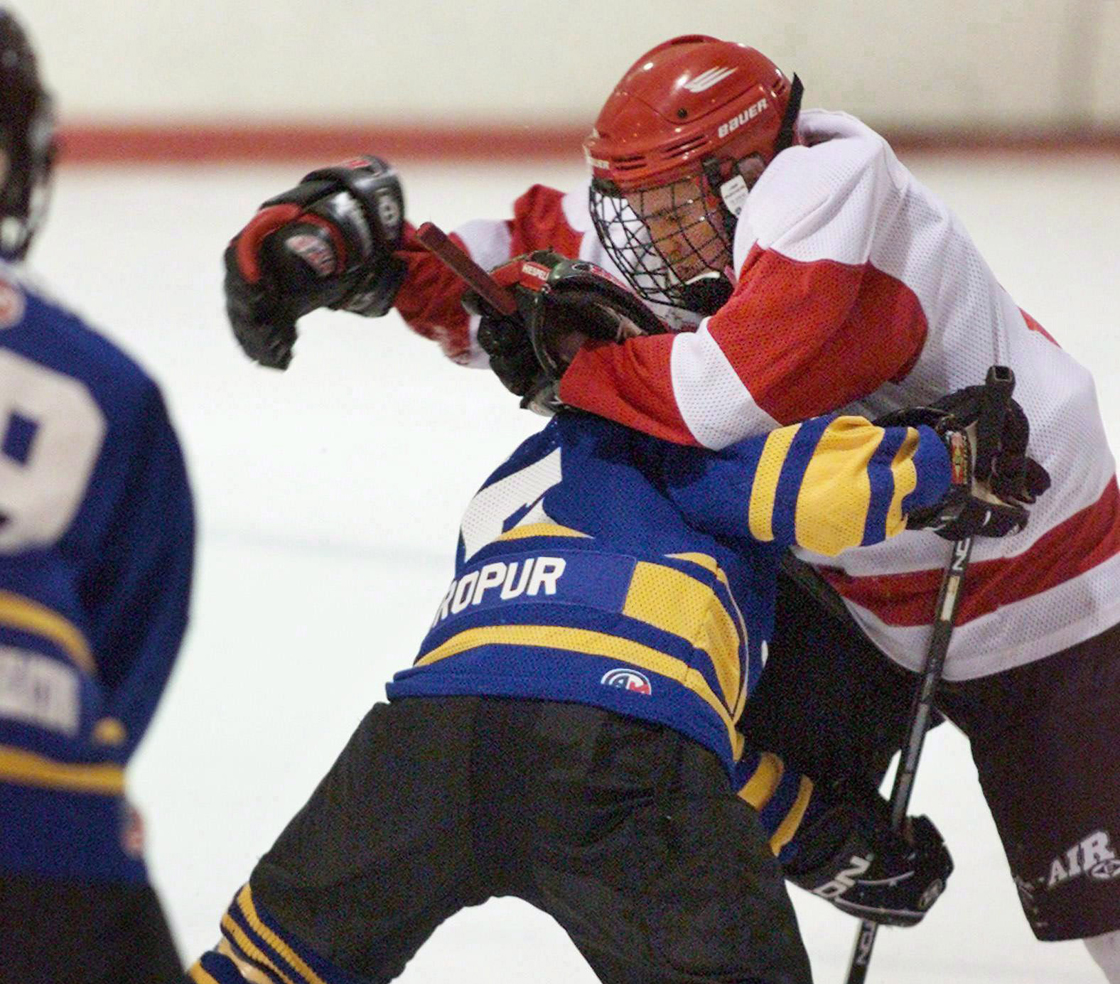HALIFAX – The game of hockey will soon change for young players in Nova Scotia.

Bodychecking will be banned as of September for some – including peewee players, who are typically between the ages of 11 and 12.
The practice will also be eliminated for the “B” and “C” levels of the bantam and midget leagues.
Those players are usually 13- to 18-years-old.
The change comes after a weekend meeting by Hockey Nova Scotia, and pleas from doctors who say that body contact increases the risk of head injuries.
Hockey Nova Scotia president Randy Pulsifer says not all hockey fans agree with the move.
But he says board members heard over the weekend from a boy who suffered a concussion and can no longer play the game he loves.
Pulsifer says banning bodychecking is in the best interests of young players.
Hockey Alberta recently banned bodychecking for its peewee players.
And the issue will be front and centre when Hockey Canada meets in a few weeks in Charlottetown for its yearly meeting.
The General Manager of Halifax’s Quebec Major Junior Hockey League team says introducing checking at later levels will cause more injuries overall.
“In my opinion I think it’s a mistake.” says the Moosehead’s Cam Russell, whose son played peewee last year. “With bigger kids in bantam, testosterone flowing, and all of a sudden you introduce checking you’re going to see more injuries than you have already, so as a result I think you’ll see more kids drop out of hockey after peewee.”
Statistics indicate 1 in 15 peewee players will suffer a concussion. Dr. Kevin Gordon, head of pediatric neurology at the IWK Hospital in Halifax, says the new rules will reduce concussions to approximately 1 in 57.
–with files from Ray Bradshaw, Global News



Comments